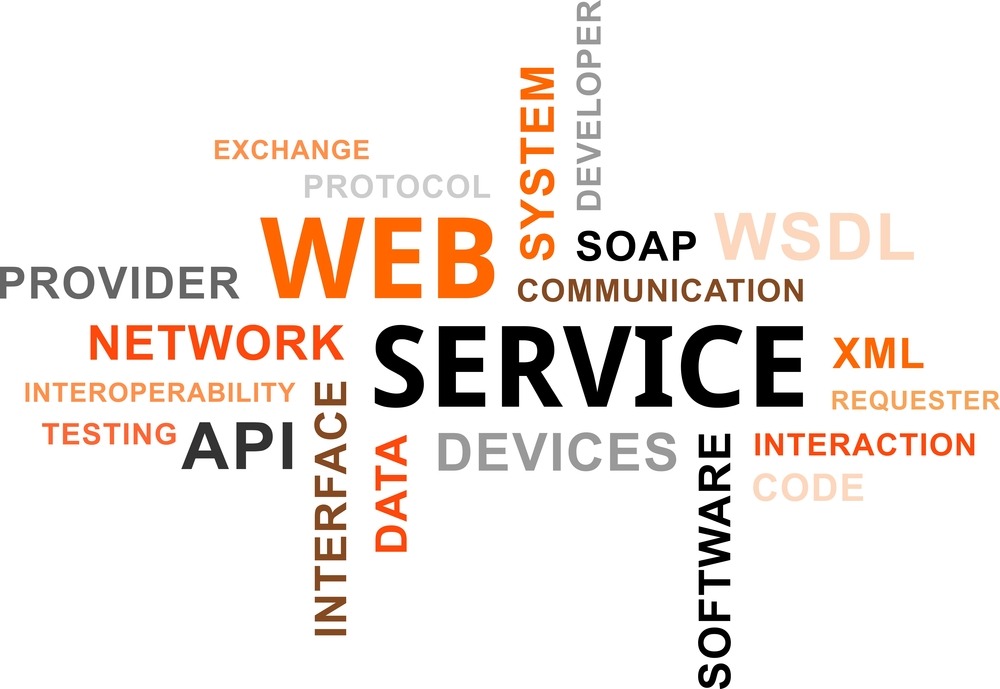For many software developers and businesses, APIs are at the heart of what they accomplish. APIs allow for different modules and programs to communicate with each other in a way that generates the most profit. As the digital age becomes more complex, APIs need to improve to meet the demands of a dynamic market. To develop a more complex and effective system that reduces customers to a science, businesses must now employ Conversion APIs to compete if not thrive. A great way to discuss the benefits of a Conversion API in contrast against those of a conventional API is to define what a Conversion API is and how it is different from others.
What Is a Conversion API?
A Conversion API is a comprehensive technological overhead that allows for more elaborate evaluations of customers’ behavior. With greater potent tracking capabilities, a Conversion API can help you ascertain the needs of your customers and place the right advertisements in front of those customers accordingly. All the data the Conversion API obtains is server-side so that you and your data team can be the ones who manage and govern that data. What makes this revolutionary tracking method so flexible is that it is not limited to interactions a potential customer has with your site. Customers can be followed across the web to other digital interactions. A Conversion API gives you exactly what you want: the ability to choose what user activity or behavior to record, which allows for further optimization of any advertisements you may be about to deploy. Immediately, it is easy to see why Conversion APIs are preferable to conventional APIs. Now that we have offered a general overview of what a Conversion API is, we can now discuss the benefits of adding such an API to one’s marketing repertoire.
1. It Offers a Singular View of Any Customer
The better your view of customer data, the more effective your ad spending will be. More customer information means better attribution, better optimization, and higher revenue. There are many factors that can help identify customers, all of which are noted by Conversion APIs. There can be up to 18 different identifiers for one customer. Identifiers include items like IP addresses, email addresses, account names, and phone numbers. Conversion APIs allow for your data warehouse to offer a uniquely detailed view of customer interactions. This complete view generates revenue and allows your business to compete effectively against others.
2. It Offers a Well-Rounded View of Your Data
Consolidating conversion rates and data from events into one data warehouse is important, but it is not always easy. Conversion APIs simplify the process enough to make data useful. This results in a more expansive view of customers’ needs. Customers need a lot of different things, and while one might gain much from coming up with an archetypal customer, it is best to always maintain accessible data, period. Conversion APIs can also help data warehouses store conversions that other technologies may not be able to capture, including offline purchases and purchases through third-party online clients across multiple pipelines.
3. It Expedites Sales Processes While Reducing Costs
Because Conversion APIs deliver conversion information directly to your data warehouse, the required effort and time to utilize data both decrease. Using a Conversion API can shorten months-long processes to mere hours for your development team. Your marketing team is not going to lose steam anytime soon, so advertising efforts must always continue, and a large number of conversion events must be used to ensure that those efforts are fruitful. In simplest terms, Conversion APIs bypass the sorts of extensions a user’s device might use to disrupt your efforts.
4. It Offers First-Party Behavioral Tracking
Data warehouses contain information surrounding many events. Conversion APIs can handle these standard events as well as a conventional API can. However, Conversion APIs are generally more effective because they can track anonymous events like arbitrary site visits and new carts. Meanwhile, there is no restriction on the conversion data that can be collected. Capturing behavioral information from all available sources and storing it in a data warehouse is central to ensuring that advertisements go as long a way as possible. This expansive tracking module allows for you to remarket your products to old customers.
5. It Allows You to Tap into Existing Conversions
Your data team already has lots of data with which to work. The question is, “How well can they maintain and view that data?” A Conversion API puts existing data in a more digestible form that is easier for business and executive teams to read and capitalize on. The key events a Conversion API might seek to elucidate are as follows: genuine purchases, subscription purchases, and email blast sign-ups. These existing conversions ought to fuel your advertising campaigns.

